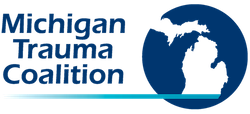Helpful Websites for the Public
Here are a few websites that can help you get started if you want to learn more about trauma. They have resources to help you after being injured.
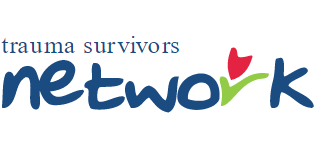 American Trauma Society’s Resources for survivors and familiesThe ATS Survivors Network is a great source for patients and families who have had an injury. The site has a tab called Resource for Survivors. In the menu for TRAUMAPEDIA you can find basic information about trauma, such as:
|  The Phoenix Society website is for people who have survived a burn. The site has resources for burn survivors of all ages. It is a community to help burn patients deal with the changes due to a bad burn. The phoenix Society gives help to the families of burn patients. They connect burn patients by sharing stories. |
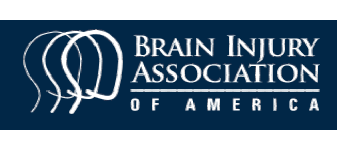 Brain Injury Association of America (BIAA)This brain injury website has a lot of basic facts about brain injuries. It explains how brain injuries are diagnosed and treated. The website also tells you what to expect if you or someone you know has a brain injury like a concussion or a more severe injury. It offers help for adults and children. The site also helps you to find resources in your own state or community. | 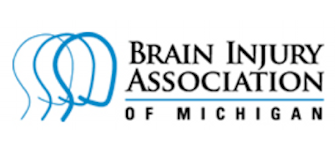 This website is like the national Brain Injury website in many ways. It has a list of local support groups in Michigan and other help too. Its goal is to provide for better understanding and coping with brain injury. |
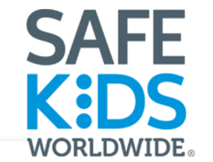 Safe Kids WorldwideSafeKids is a site that helps families and communities learn how to prevent childhood injuries. SafeKids is a place where you can find tips for keeping kids safe. Here are examples of what you can find on this website:
| 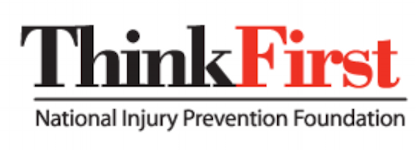 ThinkFirst is a national program that works to prevent head injuries and spinal cord injuries. It has injury prevention programs for children, teens, and adults. They have a network of chapters across the country. Through ThinkFirst, you can learn from:
|
 Centers for Disease Control and Prevention (CDC)The CDC site has info about all types of injuries. The list includes falls, car crashes, concussions, gun safety, drowning, and many others. It also has up to date research. It helps us understand:
| 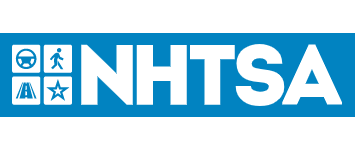 The NHTSA site has the latest info about road safety. It is a resource for training, research, and recalls on the following:
|
 National Center for Post-Traumatic Stress Disorder (PTSD)The site provides help for a person who is having trouble dealing with a trauma from their past. It explains symptoms and treatment of PTSD. The site provides help for the person, their friends, and their families. |  This site is for patients and families living with spinal cord injuries. It offers help for the newly paralyzed, including info on health, costs, and rehab. It has info and links to new research studies to improve daily lives. It offers support and shows how to become involved. |
 American Association of Neurological Surgeons (AANS)The AANS site is a good place to find info about brain and spine injuries. It offers a review of spine anatomy and up to date info about the following:
|  This Michigan State Police (MSP) site covers many safety topics. It is easy to read and navigate. Here are just a few of the topics it covers:
|
